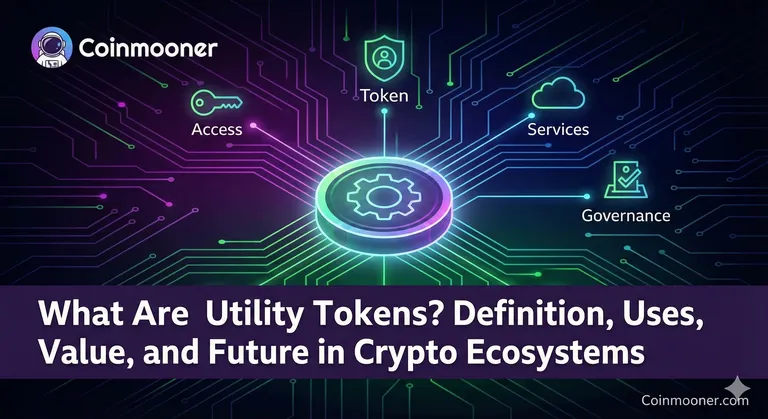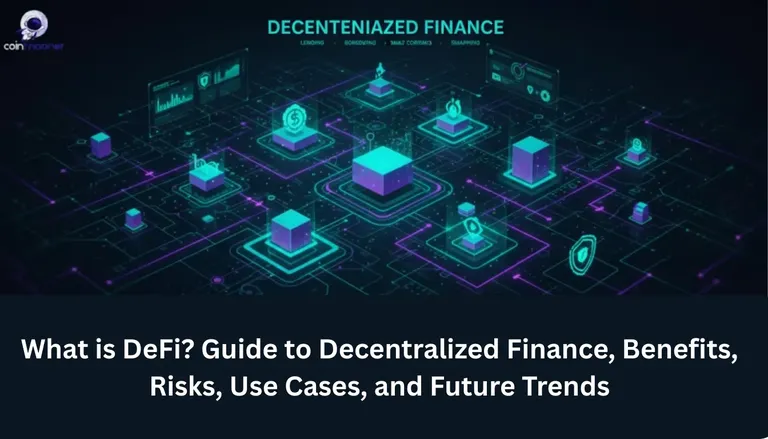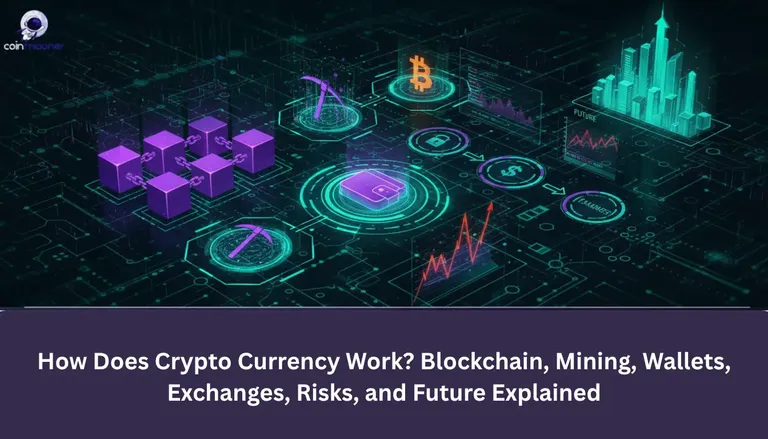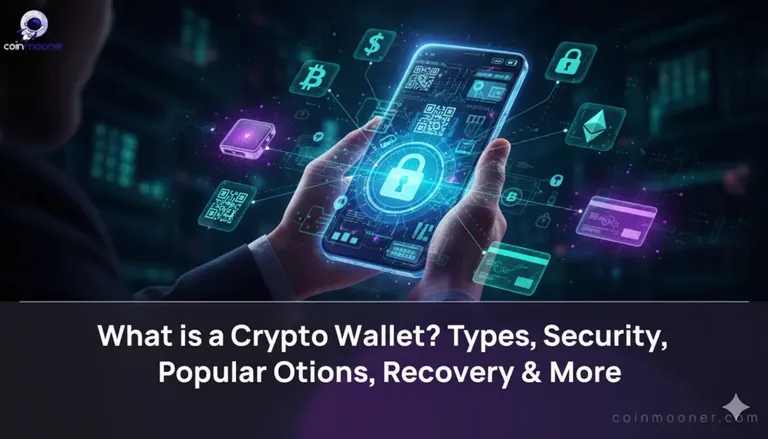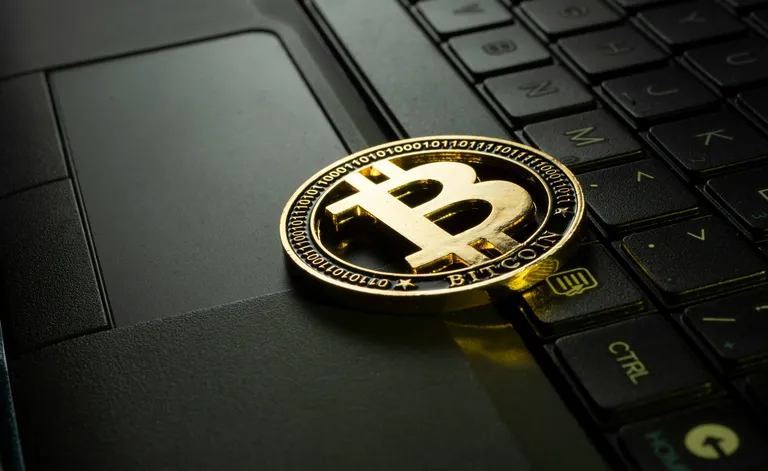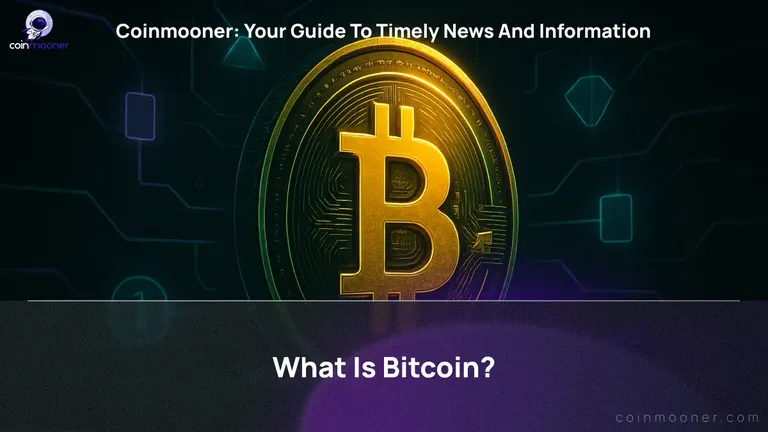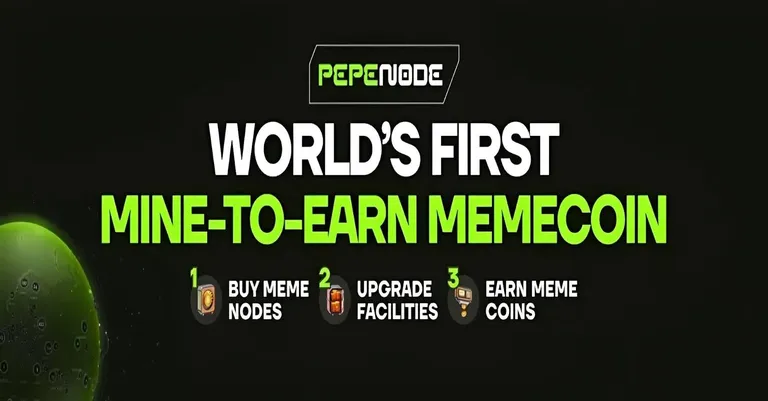How Web3 is Revolutionizing Agriculture: The Future of Food Supply Chains
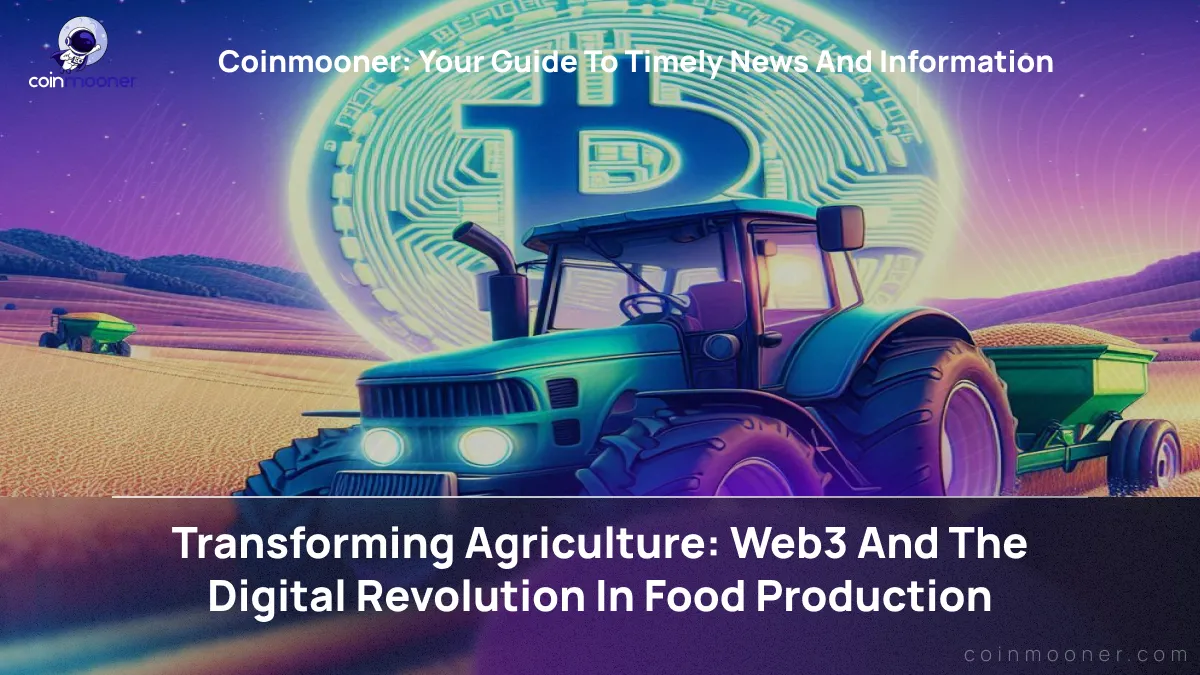
In today’s world, agriculture, like many other industries, is increasingly adopting innovative digital technologies. Among them, Web3 stands out in particular. It’s the next generation of the internet, based on blockchain, decentralization, and transparency. These solutions give farmers, logistics companies, and food producers access to tools that were previously only available to the financial sector and IT companies. Thanks to Web3, the agricultural industry now has the chance to completely change how it manages supply chains, product certification, and communication with end consumers.
In this article, Coinmooner focuses on the exciting intersection of technology and agriculture. We believe that agri-tech projects utilizing blockchain and other elements of Web3 deserve special attention because they not only enhance efficiency but also contribute to building a more honest, eco-friendly, and transparent food supply chain. This is especially important as demand grows for sustainable agriculture and as we protect the interests of both farmers and consumers.
Today, we’d like to introduce you to three outstanding projects that combine the power of Web3 with the needs of the agricultural sector. Each one is unique in its own way, but they all share a common goal to enhance collaboration among members of the agri-food chain through the use of cutting-edge technology. Let’s take a closer look at how they work and what they’re doing to help change agriculture for the better.
AGRICHAIN

The first project our Coinmooner team would like to discuss is AgriChain — an Australian blockchain platform launched in 2018 to optimize and simplify logistics in the agricultural industry. The project was founded by Carmel Onions, an entrepreneur with experience in both agriculture and logistics. The platform was developed in close cooperation with farmers to address real-world problems — from poor coordination among supply chain participants to paperwork overload and a lack of transparency in deals.
The core idea behind AgriChain is to build a single decentralized platform where farmers, transport companies, warehouse operators, buyers, and regulators can interact in real-time. Web3 is enabled by blockchain technology, which ensures that all data is immutable and transparent — from the date of harvest to delivery confirmation and payment. Everyone in the system gets access to reliable information and can check the product’s origin, route, and compliance with standards.
AgriChain’s primary objective is to reduce costs, prevent fraud, and foster trust among stakeholders in the agricultural supply chain. The platform is already being actively used in Australia, and plans to expand into international agricultural markets. Thanks to its open architecture and support for smart contracts, it enables processes to be automated — a feature especially valuable in today’s rapidly growing agri-ecosystem.
TE-FOOD

Next on our list is TE-FOOD — a blockchain platform launched in 2016 by the Hungarian company TE-FOOD International GmbH. The project was created to address a global problem — the lack of transparency in the food supply chain. The system was initially focused on Southeast Asian markets, where food quality control and traceability are of significant importance. One of the first major cases involved collaborating with the Vietnamese government to trace the pork supply from farms to supermarkets.
From a technical perspective, TE-FOOD utilizes the Ethereum blockchain to store verifiable data about each step in the logistics process, from production to the store shelf. The system uses smart contracts and its token, TONE, which is used for transactions within the network. Thanks to the Web3 infrastructure, the platform ensures transparency, immutability of information, and trust among all participants: farmers, processors, logisticians, retailers, and end consumers. By scanning the QR code on a product, the buyer can see its whole history.
TE-FOOD’s goal is to ensure food security, minimize the risk of fraud, and improve supply chain management efficiency. The platform currently serves over 6,000 business clients worldwide and tracks millions of products. It is also used to meet international food safety standards and can be adapted to the requirements of different countries and companies.
ORIGINTRAIL

The last project that Coinmooner wants to discuss is OriginTrail — a decentralized platform for supply chain and data management, founded in 2017 by a team from Slovenia led by Žiga Drev, Tomaž Levak, and Branimir Rakic. Initially, the project developed as a traditional IT solution for the agricultural sector. However, since 2018, following the launch of its token and integration of Web3 technologies, it has evolved into a full-fledged blockchain project. The platform is actively used in agriculture, logistics, pharmaceuticals, retail, and other industries where data verifiability and reliability are essential.
At the core of OriginTrail is a unique technology — the Decentralized Knowledge Graph (DKG), which enables the integration and structured representation of data from various sources in a decentralized manner. Using blockchain and smart contracts, information about the origin of products, their delivery paths, certification, and storage conditions is recorded immutably and can be verified by any participant in the network. The project uses its token, TRAC, which is used to pay for data storage, publication, and validation within the network.
The primary objective of OriginTrail is to enhance transparency and trust in supply chain information while also ensuring compliance with international standards, such as GS1. In agriculture, the platform enables tracking of products from farm to consumer, preventing counterfeiting and enhancing inventory and logistics management. Today, OriginTrail is one of the leading Web3 projects in the data-to-blockchain field, collaborating with organizations like the British Standards Institution (BSI), Oracle, and even the European Commission.

COINMOONER
Coinmooner also wants to remind everyone that security plays a key role in the Web3 space. Using blockchain, decentralized applications, and digital assets requires careful attention to data and financial protection.
It is essential to utilize the latest cybersecurity methods to safeguard yourself against potential fraud schemes. Keep your private keys in secure locations, verify sources before making transactions, and use only trusted platforms.


